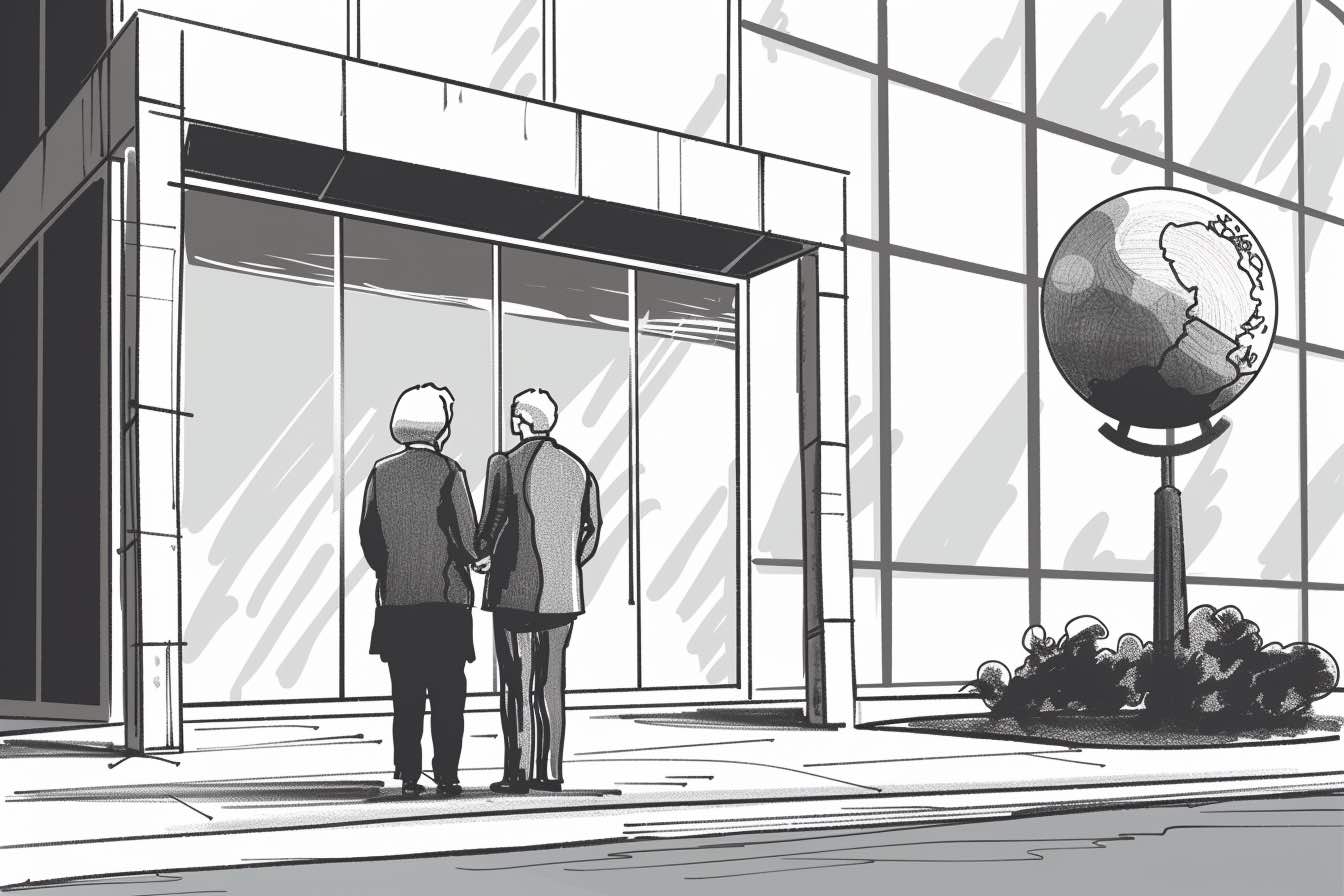Words matter. And in a world where words are easily ignored by a company, there are five things you can say that will cause your complaint to fail.
Orna Lenchner knows. She emailed a while back, claiming she’d contacted a United Airlines executive — someone very high up in the “costumer care” department.
Costumer care?
Lenchner wanted to know why United wasn’t helping her. Maybe it’s because there’s no “costumer care” department.
Don’t want your complaint to fail? Try a spellchecker
You’d be shocked at how many readers make that obvious typographical error — “costumer” instead of “customer.” And yes, it does affect the outcome. Spelling the name of the department counts.
So when I think about the five words you shouldn’t use when you’re trying to fix a customer-service dispute, that one ranks the highest: using the wrong word. Getting the name of the company wrong: Untied instead of United. Delta Airlines instead of Delta Air Lines. (Related: Are you being fed a line? 5 secrets for breaking through the script.)
I’ve spoken with costumer service managers — sorry, customer service managers — who say they pay attention to proper spelling and grammar and that it does make a difference in how they treat a complaint. (Here are the biggest complaint mistakes you will ever make.)
In other words, use a spell checker when you’re filing a complaint. (Here are a few more tips on how to file a successful grievance.)
But there are other words you shouldn’t use unless you want your complaint to fail. (Related: Secrets for getting the very best customer service.)
Stewardess, waitress, bellboy
Maybe that’s what you used to call them, but they have no place in the 21st century unless they’re in a costume drama (or should I say “costumer” drama). No question, using these words will cause your complaint to fail.
Seriously, if you want the company to immediately side with the employee in a dispute, just refer to one of them as a steward. Go on, I’ll wait for you here.
What the h*ll?
Four-letter words may accurately express how you feel at the time you’re writing the letter, but they never help your case. I was just reviewing a complaint from this year that involved several profanities, including multiple F-bomb drops. I won’t name names.
Can you guess how it turned out? That’s right, it went absolutely nowhere. Complaints with salty language get tossed into the recycler. And if you’re going to voice a complaint, ensure you’ve got your facts straight.
Bla, bla, bla
Can anything be worse than profanity? Perhaps. The novel-length complaint — too many words — can easily doom an otherwise reasonable complaint to the “no” file. And that’s too bad, because we are taught to include lots of details in school and at work, and making our complaints succinct seems so out of character. (Related: Eversource Gas says I have a leak. Do I have to pay this service bill?)
But remember, if you’re complaining about an incident, chances are the company already has a file on it. If they need specifics, they’ll ask. Keep. It. Short.
You ruined everything!
Here are the most difficult words to omit from your complaint, but trust me, you don’t want them. Emotion, superlative, drama — all of them are the enemy of resolution. For example, accusing a company of “terrible” service is only marginally useful. A brief, polite email works much better. (Related: Sunrun abandoned her solar panel project — now they want her to pay $4,672.)
The most common variety in my line of work is: “This experience ruined my vacation.” I remember seeing it on a recent cruise case where the staff accused a passenger’s daughter of bringing drugs on board. The cruise line’s “crime”? Searching the room for contraband. How do you even compensate a passenger for something like that?
I’ll see you in court
Threats of any kind are counter-productive. (Like this one.) Normally, a promise of a lawsuit will get your complaint sent to the legal department, where it will languish until you actually file a suit, which you probably won’t.
Words are important when you’re trying to solve a customer service problem. You have to choose the correct words, say them politely and succinctly and with as little emotion as possible. (Related: Have companies stopped listening to us online?)
Believe me, I speak from personal experience. I’ve worked with people over the years who loved drama (after all, it delivers clicks to their stories) and seemed to enjoy threatening companies with legal action or negative publicity, or both.
I’ve put as much distance between these people and myself as possible — and I’ve seen companies do the same thing with their problem customers.




